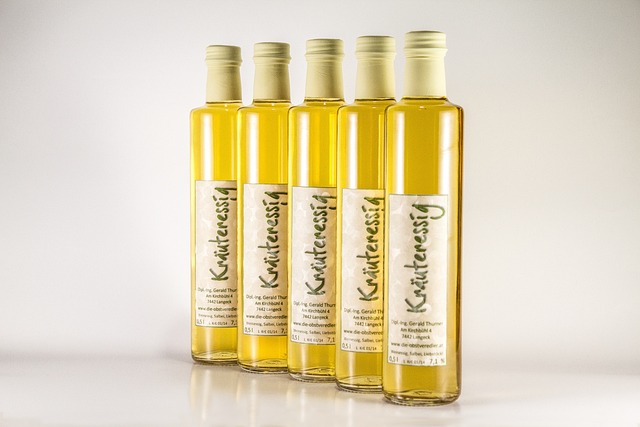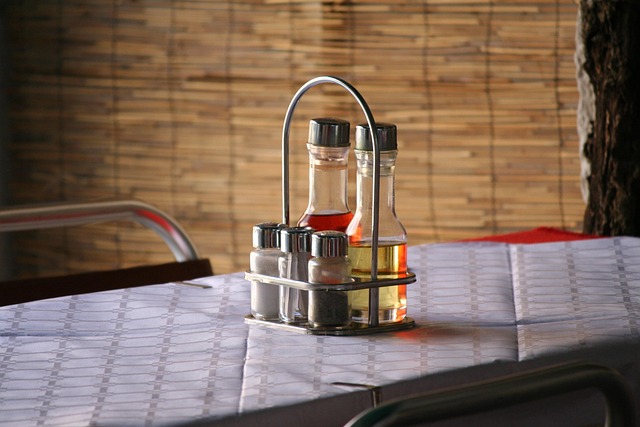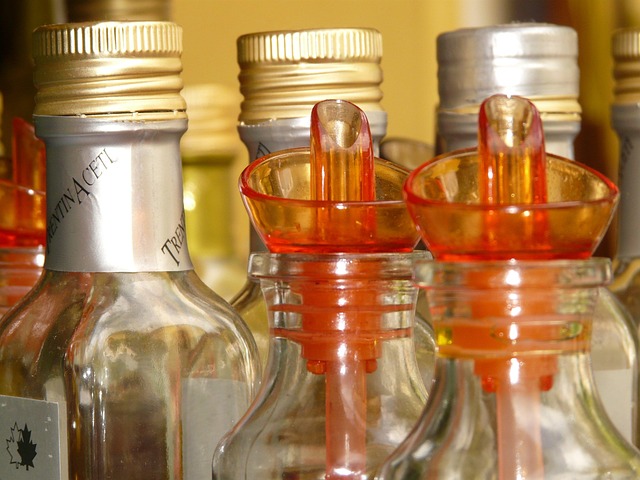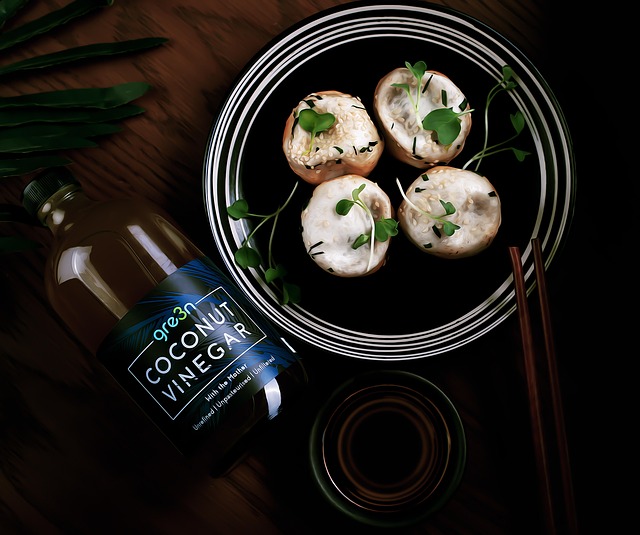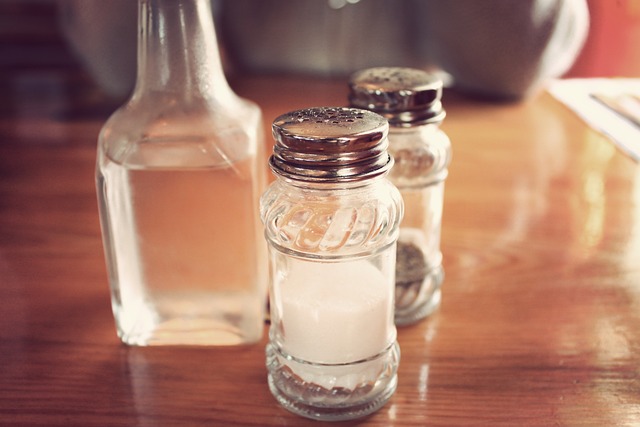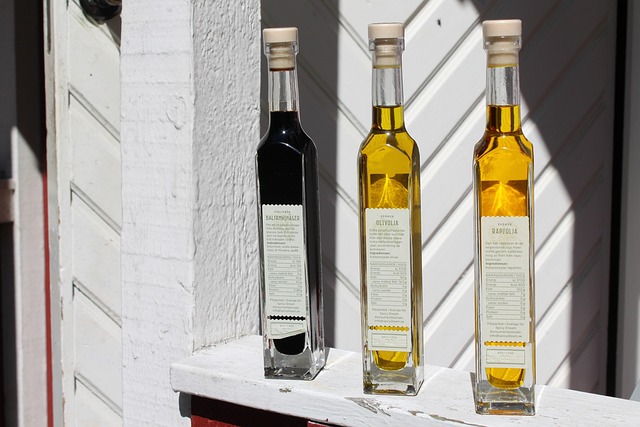A few months ago, shortly after moving into my new flat in Berlin, I found myself locked in a frustrating battle with the loo. No matter how hard I scrubbed, the stubborn limescale inside refused to budge. Out of options, I turned to Google and discovered a page suggesting vinegar—luckily, the previous tenant had left behind several bottles of concentrated “Essigessenz.”
++ Ryan Tedder criticises Anti-Trump protests during US army anniversary
I added two tablespoons to the toilet bowl, waited half an hour, gave it a scrub—and to my amazement, the limescale vanished almost instantly.
Since that small triumph, vinegar has become my go-to cleaning companion. It works wonders on the kitchen sink, outperforming my usual spray. I’ve even soaked tissue paper in vinegar to clean the taps, with much better results than conventional products. And when it came to descaling my glass kettle, a couple of spoonfuls of vinegar and a quick boil produced a satisfying fizz as the build-up disintegrated.
But I began to wonder—could vinegar do more than just combat limescale? Was it truly an effective disinfectant? And more importantly, was it a safer, eco-friendlier alternative to traditional household cleaners?
Scroll through social media and you’ll see plenty of sustainability influencers promoting vinegar as a miracle cleaner—non-toxic, natural and environmentally sound. It seems plausible enough; after all, it’s just fermented alcohol. Vinegar has been used for centuries in food preservation, salad dressings, and household tasks. But to get to the bottom of the claims, I spoke to a few experts—and the results were eye-opening.
Eric Beckman, a chemical engineer and professor emeritus at the University of Pittsburgh, was quick to affirm that acetic acid—the active ingredient in vinegar—is highly effective at descaling. Limescale and rust are made up of ions that dissolve in acidic solutions like vinegar. He uses it himself for removing limescale from mirrors. Dirk Bockmühl, a microbiologist from Germany’s Rhine-Waal University of Applied Sciences, agrees, although he prefers lemon juice for its stronger descaling properties and more pleasant scent.
However, vinegar doesn’t work on everything. Beckman notes that soap is better suited for tackling greasy residues, while baking soda is effective for removing processed oils left behind after cooking. As for mixing vinegar and baking soda—a popular DIY hack—Beckman calls it pointless: the acid and base neutralise each other, creating little more than carbon dioxide and water. “I use both, but not together,” he says.
Vinegar is often hailed online as an antimicrobial powerhouse, but Bockmühl’s research paints a more complex picture. In a 2020 study, his team tested vinegar against a range of pathogens. Pure vinegar (with 5% acetic acid) did exhibit antimicrobial properties, but it needed to be at least 10%—with added citric acid—to kill off common bacteria like E. coli and Staphylococcus aureus, as well as certain moulds, yeasts, and viruses.
However, vinegar had no effect on MRSA, a resistant strain of Staphylococcus, and many other bacteria remain untested. Some bacteria—and moulds—can even thrive in acidic environments. Norovirus, Bockmühl suspects, might also be resistant.
++ Cybersecurity warning over clicking ‘unsubscribe’ in emails
For killing germs more reliably, Beckman says soap still does a better job than vinegar, while disinfectants are superior against viruses and moulds. Bleach remains the most powerful—albeit more hazardous—option.
Bockmühl warns that the antimicrobial effect only kicks in at high concentrations. A splash of vinegar diluted in water won’t suffice. But stronger solutions can irritate the skin and are harmful to the eyes. Vinegar can also damage surfaces: it corrodes natural stones and metals like copper, brass and bronze. According to Italian chemist Dario Bressanini, it can degrade rubber seals in washing machines and dishwashers, ruin coffee makers, and strip protective coatings from tiles and grout.
That said, vinegar is safe for glass, ceramic, and stainless steel—making it ideal for sinks, toilets and certain kitchen appliances. One of Bockmühl’s main concerns is that homemade cleaners lack guidance. “They might be safe if you know what you’re doing,” he explains, “but there are a lot of really stupid and absurd recommendations on the internet.”
In summary, vinegar does indeed have a role to play in household cleaning—especially as a descaler. But it’s far from a miracle solution, and using it safely requires a bit of knowledge and caution. When it comes to hygiene, sometimes the simplest methods aren’t the most effective.
